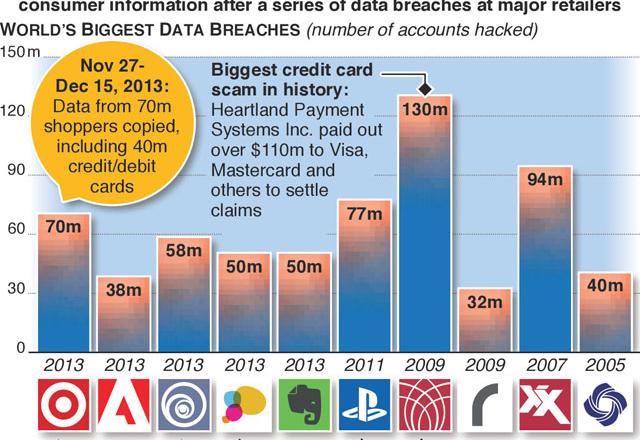You are here
Jordanians turning online to watch World Cup matches
By Mohammad Ghazal - Jun 22,2014 - Last updated at Jun 22,2014

AMMAN — In Jordan, as is the case in the rest of the Middle East, thousands of people are watching the 2014 World Cup matches online, contributing to a marked increase in global Internet traffic, according to a local IT expert and a Cisco Systems study.
“Thousands of Jordanians watch World Cup matches and videos online. There are many channels and websites that streamline the games and some of them provide that in high definition, which consumes plenty of data and generates traffic,” an expert in a private IT company told The Jordan Times on condition of anonymity.
“Data traffic in Jordan and the Middle East is one of the highest in the world as many people own smartphones and networks provide high-speed Internet,” he said.
Telecommunications Regulatory Commission figures indicate that Internet penetration in Jordan reached 73 per cent at the end of 2013 with 5.3 million users, while estimates by the Arab Advisers Group put smartphone penetration in Jordan at around 60 per cent.
“Major sporting events like the FIFA World Cup 2014 have highlighted the enormous consumer and business appetite for a better viewing experience over the Internet,” noted Tarek Ghoul, general manager of Cisco in the Gulf, Levant and Pakistan.
“Service providers are seeking new innovative technology solutions that will deliver this enhanced experience,” Ghoul added in a statement to The Jordan Times.
Worldwide, tens of millions of people are “viewing games and/or highlights” of the Brazil World Cup, which kicked off on June 12 and concludes on July 13, via the Internet, according to a report released by international network company Cisco Systems.
“Video streaming and IP broadcast of the World Cup is anticipated to generate 4.3 exabytes of Internet traffic, which is three times the amount of monthly traffic generated by this year’s World Cup host [country],” the report said.
Hekmat Shanti, an accountant at an electronics company, said he watches World Cup matches online almost every day.
“I have a high speed Internet connection at home. Sometimes I go to cafés to watch the World Cup matches with friends, but most of the time I watch the games at home on my PC,” Shanti told The Jordan Times.
“I sometimes watch the videos of the goals online. Some websites livestream matches in very good quality, so watching online is pretty convenient,” he added.
The IT expert said Internet traffic in Jordan and the Middle East is set to grow at higher levels than the rest of the world driven by viewership of videos, which consumes data, as well as the increased number of people getting online.
According to the latest Cisco Visual Networking Index Global Forecast and Service Adoption for 2013 to 2018, Internet traffic in the Middle East and Africa is set to grow 41 per cent annually, while annual global Internet traffic will grow more than 20 per cent by 2018.
The report, e-mailed to The Jordan Times on Sunday, said global Internet Protocol (IP) traffic will increase nearly three-fold over the next four years due to more Internet users and devices, faster broadband speeds and more video viewing.
The Middle East and Africa region continues to be “the fastest-growing IP traffic region from 2013-2018 with five-fold growth and a 38 per cent annual growth rate”, the report said.
Global Internet traffic is expected to reach 132 exabytes per month by 2018, which is equivalent to 8.8 billion screens streaming the FIFA World Cup final game in Ultra-HD/4K at the same time.
Related Articles
Businesses in the region, including Jordan, face unprecedented levels of cyber attacks, according to the Cisco 2014 Annual Security Report, released on Monday
Increasing the coverage of telecom networks in Jordan and offering high-speed Internet at competitive prices is crucial to keep the Kingdom abreast of the latest technological trends, a Cisco Systems executive said Monday.
Hackers are increasingly slipping malicious software into online advertising, creating risks for the Internet economic model, security researchers said Tuesday.












